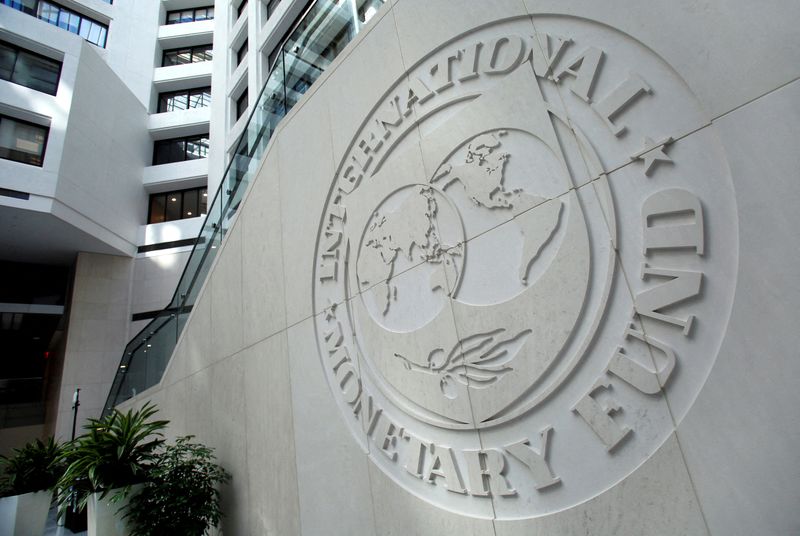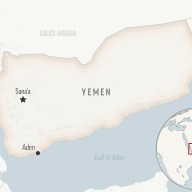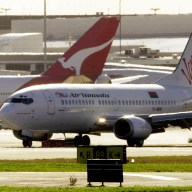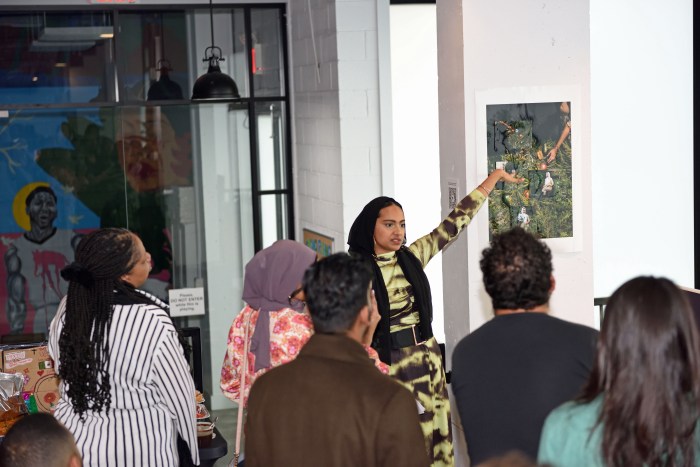(Reuters) – Lebanese officials will start talks with the International Monetary Fund on Monday, an official government source told Reuters.
An IMF spokesperson also told Reuters on Saturday that a team will start virtual talks with Lebanese authorities next week.
The Lebanese government has said it hopes to reach an initial agreement with the fund for financial support between January and February. Lebanon is in the grip of an unprecedented financial crisis and an IMF deal is widely seen as the only way for it to secure aid.
The fund said in December it was assessing a $69 billion figure announced by Lebanese officials for losses in the country’s financial sector.
Disagreements in Lebanon over the size of the losses and how they should be distributed torpedoed IMF talks in 2020. The central bank, banks and political elite rejected figures set out in a government plan that was endorsed by the IMF at the time.
Lebanon’s Prime Minister Najib Mikati said in September that the financial recovery plan to be drawn up by his cabinet will include a fair distribution of losses suffered by the financial system, but the cabinet hasn’t convened since October.
It will convene again on Monday to discuss the 2022 budget, but no clear details have been released about the recovery plan.
The Lebanese financial system collapsed in 2019 because of decades of corruption and waste in the state and the unsustainable way it was financed. The trigger was slowing inflows of hard currency into the banking system, which lent heavily to the government.
Several reforms the IMF would likely seek, including cutting subsidies and unifying the numerous exchange rates in Lebanon’s chaotic cash economy, are already becoming realities as hard currency dries up, political sources say.
(Reporting by Tom Perry and Laila Bassam, Writing by Nayera Abdallah; Editing by Ros Russell)



















